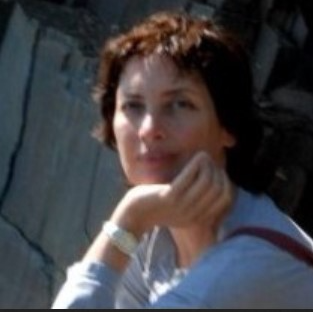Community Organization: Challenges and Novel Approaches
A special issue of Humans (ISSN 2673-9461).
Deadline for manuscript submissions: closed (31 December 2022) | Viewed by 5895
Special Issue Editors
Interests: comparative social systems; theories of culture; contemporary and prehistoric hunter-gatherers; societies of Southeast Asia; Orang Asli; gender and age-structures; social learning; equality, and inequ
Interests: human ecology; historical ecology; native resource management; savanna and tropical forest adaptive systems; South American early hunter/gatherers; Agrarian societies past and present; complex societies; Latin American archaeology and ethnography
Special Issue Information
Dear Colleagues,
In this Special Issue of Humans, we invite contributions representing novel approaches to the study of community structure and organization. While discredited and often having been thrust aside in anthropology in the past decades, global developments have shown that community is one of the most important and timely subjects for anthropologists to study. Without a doubt, as foreseen by Ferdinand Tönnies, the 20th century saw “natural” communities studied by anthropologists dissolving. Indigenous and kinship-based communities have been displaced, destroyed, and dismantled. Nonetheless, people everywhere have sought and found ways to organize themselves into communities. Community has also become a cornerstone of indigenous land claims and indigenous rights. Over the years, anthropologists and other social scientists have identified and studied various “types” of communities and acknowledged their own role in constructing and shaping them. Nonetheless, despite a more nuanced understanding of how communities are formed and how they change, this work raised more questions than it solved. Thus, instead of abandoning community as a subject of inquiry, we need to recognize it as problematic—not to explain with, but something to explain.
While vital for our social and psychological well-being, community also represents one of the most formidable challenges of our times. Communities are dissolving as fast as they are forming, and for this reason, it is urgent to understand how, why, and under what conditions they work when they do and, conversely, what constitutes obstacles to their success. However, beyond practical concerns of community organization, community is also of theoretical importance. For instance, the emergence of power as a key factor in the transformation of human societies from egalitarian to non-egalitarian societies can only be understood through the study of community transformation. Finally, as a genuinely holistic problem requiring contributions from all branches of anthropology, community is a fitting subject for one of the first issues of Humans, a journal mandating a global and holistic point of view.
Prof. Dr. Csilla Dallos
Prof. Dr. Santiago Mora
Guest Editors
Manuscript Submission Information
Manuscripts should be submitted online at www.mdpi.com by registering and logging in to this website. Once you are registered, click here to go to the submission form. Manuscripts can be submitted until the deadline. All submissions that pass pre-check are peer-reviewed. Accepted papers will be published continuously in the journal (as soon as accepted) and will be listed together on the special issue website. Research articles, review articles as well as short communications are invited. For planned papers, a title and short abstract (about 100 words) can be sent to the Editorial Office for announcement on this website.
Submitted manuscripts should not have been published previously, nor be under consideration for publication elsewhere (except conference proceedings papers). All manuscripts are thoroughly refereed through a single-blind peer-review process. A guide for authors and other relevant information for submission of manuscripts is available on the Instructions for Authors page. Humans is an international peer-reviewed open access quarterly journal published by MDPI.
Please visit the Instructions for Authors page before submitting a manuscript. The Article Processing Charge (APC) for publication in this open access journal is 1000 CHF (Swiss Francs). Submitted papers should be well formatted and use good English. Authors may use MDPI's English editing service prior to publication or during author revisions.
Keywords
- community organization
- social change
- social structure




